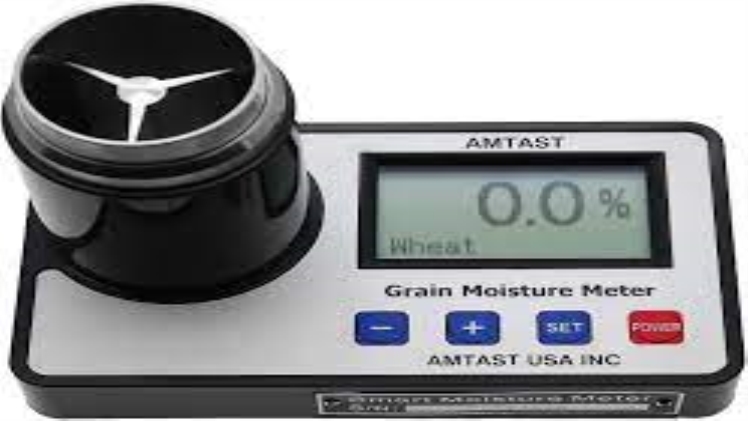Accuracy is crucial, especially for dealers in large-scale businesses. A grain moisture meter is a device that measures the amount of moisture or water, usually in terms of dew point or grams. This scroll focuses on essential information you need to know before thinking of purchasing any grain moisture meter. Please read on!
Grain moisture meters are essential when determining the accuracy of water in any grain. Many groceries store, farmers, and large-scale industries rely on such machines to determine how much water is in the grain. Before you decide to settle for any grain moisture meter, there are crucial factors you must consider, whether choosing from an electronic or analogue one.
Here are some of the factors that will play a role in helping you choose the best grain moisture meter:
Capacity
When it comes to purchasing any grain moisture meter, capacity is crucial. It depends on the type of business and the accuracy requirements you desire. For instance, a farmer requires a grain moisture meter whose measurement ranges from micrograms to degrees Celsius. Therefore, the load capacity and the measuring range of any grain moisture meter are equally important.
Application
Application is a crucial determiner of grain moisture meter price in Kenya. What is the purpose of the grain moisture meter? What types of grains are you going to mount on the load cell? Are the products heavy or light? Your purchase will depend on the purpose of the device.
Size
Before purchasing any grain moisture meter, it is advisable to check the platform or space at which you will place it. The size of any weighing indicator also depends on the purpose. For instance, agricultural grain meters come in different sizes that you can place at home or in the office, depending on space. Therefore, with enough space, you can go for a bigger scale.
Type
Grain moisture meters come in both digital and analogue types. The analogue scales are appropriate in areas where high accuracy is not necessary.
They are also suitable for short-term applications. Digital grain moisture meters are best for long-term applications and businesses that require accurate measurements. Usually, they display the load measurement on the screen for customers to see.
Environment
The working space is another factor to consider when buying a grain moisture meter. Is the environment clean, watery, or dusty? Once you answer this question, you should purchase an appropriate one for such environments.
For instance, there are waterproof and vibration-proof grain moisture meters. These types of scales can withstand watery environments or areas with mechanical movements.
Conclusion
With the above factors in mind, you can never be disappointed anytime you decide you want to purchase a grain moisture meter. Durability and affordability are also crucial. Always make sure you buy one from a reputable dealer.
Reviews from clients will guide you on the steps to take when making a purchase. I hope this guide leads you to the best grain moisture meter.

